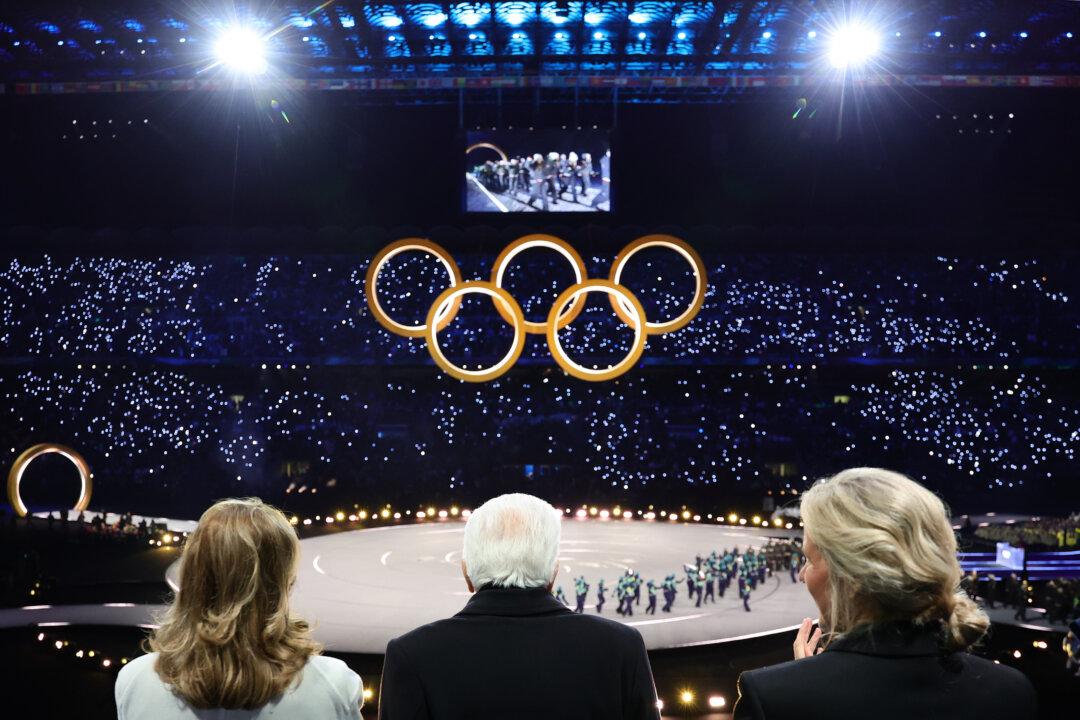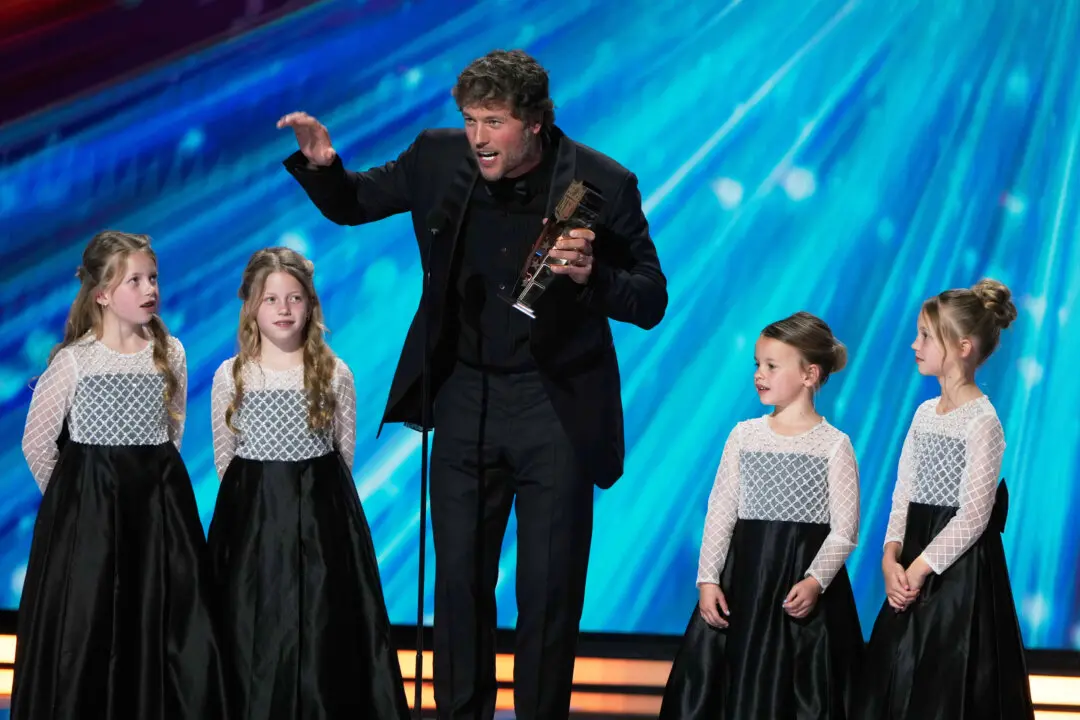The NCAA made more than $1 billion in 2019, almost $867 million from the men’s Division I basketball tournament, and most of that from a massive television rights deal with CBS and Turner Sports that runs through the 2032 tournament.
The coronavirus not only wiped out the games, but it will create some unexpected red ink on the NCAA’s balance sheet this year. Exactly how much is to be determined.





